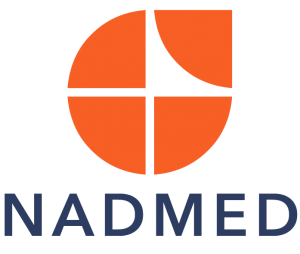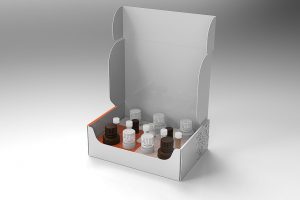| Catalog number / name | RUO_002 / Q-NAD Blood NAD+ assay kit |
| Detection method | Colorimetric (OD570-573nm) |
| Assay type | Quantitative |
| Samples type | Whole blood |
| Species | All |
| Sample volume | 120 μL (with K2 EDTA or heparin) |
| Metabolites measured | NAD+ |
| Detection Limit | 330 nM for NAD+ in the whole blood |
| Assay Length | < 1h |
| Size | 192 reactions |
| Number of samples | 40 (measured in duplicates at once or two separate times) |
| Storage | Store reagents at -80°C |
| Intended use | For Research Use Only |
| Shelf Life | 12 months from the production date |
Instructions for use
Key Features
- Highly accurate and sensitive. Quantitation limit is 330 nM for NAD+ in whole blood measured in two 96-well plate assays.
- Easy to handle. One step metabolite extraction is followed by separate measurement of NAD+ in the extract. Detection time is less than 10 minutes.
- High throughput. Can be easily adopted into high-throughput 96-well plate assay to analyze hundreds of samples per day.
Principals
The principle of the assay is a cyclic enzymatic reaction with a colorimetric end-point detection. First, NAD+ is extracted from a blood sample in a single step. After this NAD+ is stabilized and measured.
Reagents Provided
Extraction BUFFER A, NAD+ stabilizing reagent, NAD+ standard stock, Assay BUFFER C, Assay color reagent, Enzyme, Stop solution, Positive control
Kit Requires
Multi-channel pipets. Two clear-bottom 96-well plates suitable for colorimetric assays, heat block with adjustable temperature (up to 80°C), spectrophotometric plate reader
Precautions and Warnings
For research use only by trained personnel.
The Stop Solution may cause skin, eye, and respiratory irritation. Avoid breathing in fumes.
Assay color reagent may cause skin irritation. Handle with care, use gloves.
BUFFER A can cause eye irritation. Handle with care, use googles.
Read more in Q-NADMED Safety Data Sheet (SDS)
EN – Vs. 5, Last modified April 2024
CS – Vs. 5, Last modified April 2024
ES – Vs. 5, Last modified April 2024
DE – Vs. 5, Last modified April 2024
IT – Vs. 5, Last modified April 2024
NL – Last modified May 2023
SV – Last modified May 2023
More details how to prepare samples in the sample preparation document – vs. 2, last modified September 2023

